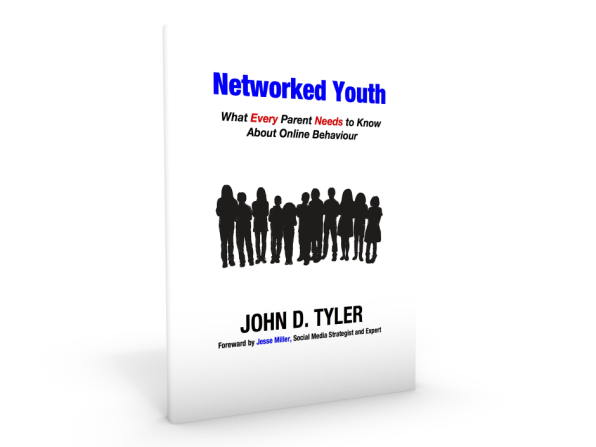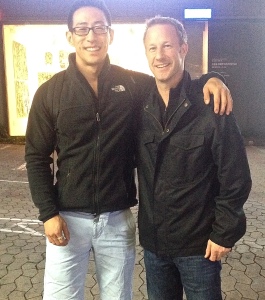
Today people are wearing Pink in schools and businesses across Canada as a reminder that we need to practice kindness in our interactions, not just today but on a regular basis. An article in the Globe and Mail summarized the beginnings of this movement which first started in 2007 when a young grade 9 boy was
bullied for wearing a pink polo shirt to school, David Shepherd and Travis Price decided to take a stand. They bought dozens of pink tank tops at a thrift store and announced they would give them out to students the next day. With the word out, many students took it upon themselves to show up for school in pink rather than wait for one of the tops.
As educators we see the effect of this behaviour on a regular basis. While we try to educate our students on the impact of bullying can have, we continue to see ongoing negative interactions particularly in the “Online World” and through the use of Social Media sites.
In the spirit of what Pink Shirt Day stands for, we must also address the role of technology, our online interactions, and guiding youth to be great digital citizens. How do Parents and Educators help our children to make better decisions in their online interactions? NETWORKED YOUTH: What Every Parent Needs to Know About Online Behaviour will be available in March May 2016. Below is a brief summary of the book.

“ Today’s children are often described as digital natives. Most do not know a world without smartphones, tablets and Internet access as common household items. They are growing up in a world where everyone is connected and information about every possible subject is instantly at hand. With countless stories about the dangers of too much screen time, sexting and, of course, cyberbullying, many parents struggle finding a balance between their concerns over the downsides of this connected world and allowing their children to develop independence.
Networked Youth: What Every Parent Needs to Know About Online Behaviour and Raising Digital Leaders provides a roadmap for parents raising children in a technology rich world. Today’s parents weren’t taught how to use the internet, they have learned and continue to learn the skills needed to navigate a world in which people are connected 24 hours a day. Too often, youth publish and post without considering who might see their content and how it impacts them immediately and in the future. By using examples and offering exercises to work through, this book empowers parents and educators to guide children in maintaining positive online behaviour.”
More information will be available shortly on the exact release date. If you are working with a group and you would like to pre-order a bulk order (10 or more) please contact me directly.
In the meantime, keep kindness on your mind on a regular basis. #pinkshirtday #acceptance #kindness



